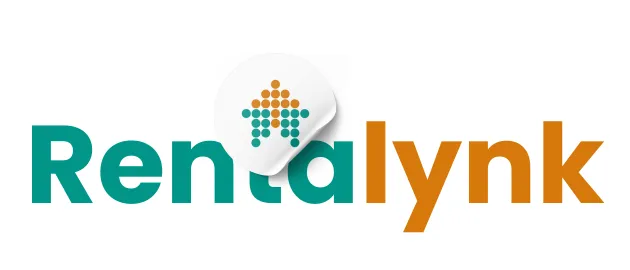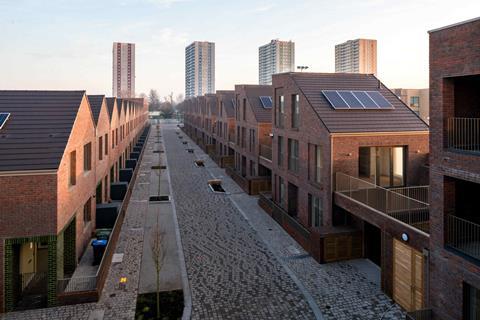Introduction
The need for affordable housing in Uganda is becoming increasingly urgent as the country experiences rapid urbanization and population growth. Urban areas, particularly Kampala, are expanding at a fast pace, putting pressure on housing and infrastructure. The demand for affordable housing is outstripping supply, leading to overcrowded living conditions and informal settlements.
The government of Uganda has recognized the importance of addressing the housing crisis and has implemented several policies to promote affordable housing. Initiatives include public-private partnerships (PPPs), subsidies, and tax incentives for developers. These measures aim to stimulate investment in affordable housing projects and make homeownership more accessible to low- and middle-income families.
Despite these efforts, there are still significant challenges to overcome. One of the main issues is the high cost of land, especially in urban areas. The scarcity of affordable land drives up prices, making it difficult for developers to build low-cost housing. Additionally, bureaucratic hurdles and lengthy approval processes can delay projects and increase costs.
Innovative construction technologies are being explored as potential solutions to reduce building costs and time. For example, prefabricated building materials and modular construction methods can help lower costs and speed up the construction process. These technologies offer the potential to deliver high-quality, affordable housing at scale.
Microfinance institutions are also playing a vital role in supporting affordable housing in Uganda. These institutions provide small loans to low-income families, enabling them to improve their homes or purchase new ones. Microfinance is a crucial tool for increasing homeownership and improving living conditions for vulnerable populations.
Community-based housing cooperatives are another promising approach. These cooperatives pool resources from members to finance the construction of housing units. By collectively owning and managing the properties, members can reduce costs and ensure affordability. This model fosters a sense of community and shared responsibility among residents.
Government support is essential for the success of affordable housing initiatives. This includes providing land, infrastructure, and financial incentives to developers. Clear and transparent regulatory frameworks are also crucial to streamline the approval process and reduce bureaucratic delays.
Public awareness and education are important components of affordable housing strategies. Educating communities about the benefits of affordable housing and available financing options can help increase demand and participation in housing programs. Outreach efforts can also address social and cultural barriers that may prevent families from seeking formal housing solutions.
Private sector involvement is key to scaling up affordable housing in Uganda. Developers, investors, and financial institutions must collaborate to create innovative financing models and invest in large-scale housing projects. The private sector can bring expertise, efficiency, and capital to drive the development of affordable housing.
Sustainable building practices are gaining traction in the affordable housing sector. Green building materials, energy-efficient designs, and renewable energy sources can reduce environmental impact and lower utility costs for residents. Sustainable housing solutions contribute to long-term affordability and environmental resilience.
Addressing the housing crisis in Uganda requires a multifaceted approach that includes government policies, private sector investment, and community engagement. By leveraging innovative technologies, financing models, and sustainable practices, Uganda can create a more inclusive and resilient housing market.
The role of international organizations and donors is also significant in supporting affordable housing initiatives. These organizations can provide funding, technical assistance, and best practices from other countries to help Uganda overcome its housing challenges.
Effective urban planning is crucial for the success of affordable housing projects. Planning must consider factors such as population density, transportation, access to services, and environmental sustainability. Integrated urban development plans can ensure that affordable housing is part of a broader strategy for inclusive and sustainable growth.
Housing affordability is not just about the initial cost of construction; it also involves ongoing maintenance and utility expenses. Affordable housing projects must include provisions for long-term maintenance and management to ensure they remain livable and cost-effective for residents.
Collaboration between stakeholders is essential to address the complex challenges of affordable housing. This includes partnerships between government, private sector, non-profit organizations, and community groups. Collaborative efforts can leverage resources, expertise, and networks to create effective and scalable housing solutions.
Monitoring and evaluation are critical components of affordable housing programs. Regular assessment of project outcomes and impact can provide valuable insights and inform future strategies. Data-driven approaches can help identify successful models and areas for improvement.
The socio-economic impact of affordable housing extends beyond individual families. Access to safe and affordable housing can improve health outcomes, educational attainment, and economic opportunities for communities. Investing in affordable housing is an investment in social and economic development.
Challenges such as land tenure security and property rights must be addressed to ensure the success of affordable housing projects. Clear and enforceable property rights are essential for attracting investment and providing security for residents.
Technological advancements in construction and real estate management can enhance the efficiency and effectiveness of affordable housing initiatives. Digital platforms can streamline property transactions, improve transparency, and facilitate access to housing information and services.
Rentalynk addresses the issue of affordable housing in Uganda by providing a comprehensive platform for connecting buyers, sellers, and developers. Through Rentalynk, users can access a wide range of affordable housing listings, financing options, and market insights. By leveraging technology and partnerships, Rentalynk helps make homeownership more accessible and affordable for Ugandans.
Rentalynk Solution
Rentalynk offers a platform for connecting buyers, sellers, and developers in Uganda, providing access to affordable housing listings and market insights.

